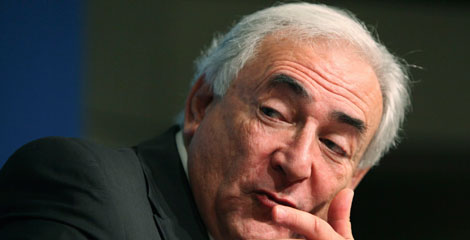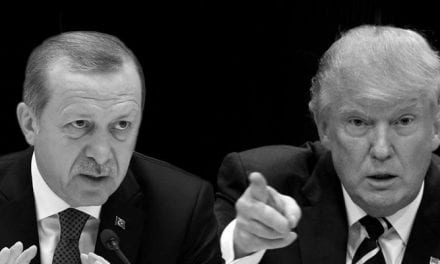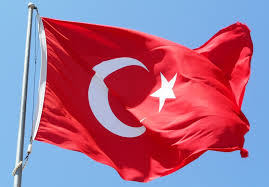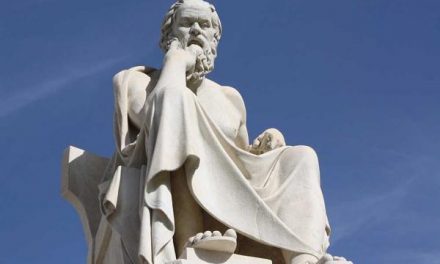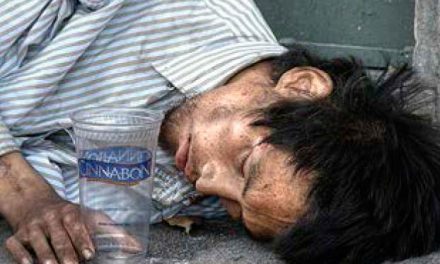Dominique Strauss-Kahn, the former head of theInternational Monetary Fund and onetime hopeful for the French presidency, returned to his native land early on Sunday morning, in a low-key coda to the international furor that erupted when he was arrested in mid-May and charged with sexually assaulting a New York hotel housekeeper.
Mr. Strauss-Kahn and his wife, Anne Sinclair, landed at Charles de Gaulle airport shortly after 7 a.m. and emerged about 40 minutes later, breezing past a crowd of reporters without speaking before getting into a car and leaving.
A cluster of women who said they administer a Facebook page in support of Mr. Strauss-Kahn were the only supporters on hand. One woman, who identified herself only as Hélène and appeared to be in her late 30s, insisted that Mr. Strauss-Kahn was innocent of all the charges against him.
Indeed, the charges were dismissed at the request of the Manhattan district attorney’s office on Aug. 23 after doubts arose about the credibility of Mr. Strauss-Kahn’s accuser Nafissatou Diallo, a housekeeper at the Sofitel in midtown Manhattan.
But Mr. Strauss-Kahn, who was once seen as a contender in the 2012 French presidential elections for the Socialist party and appeared to have a good chance of defeating the incumbent, President Nicolas Sarkozy, now faces a much more uncertain future.
Last week, as France awaited the man universally known here as “DSK,” a row erupted among the Socialists after Michel Rocard, a former prime minister, suggested that Mr. Strauss-Kahn suffered from a “ mental sickness” and could not control his impulses.
Martine Aubry, one of the two leading contenders now for the Socialist presidential nomination, was then asked what she thought of Mr. Strauss-Kahn.She replied without giving details that she shared the opinion of many French women.
Polls have suggested that most French people – especially women – have a negative view of Mr. Strauss-Kahn. A 2012 run for the presidency is now excluded, but it remains unclear whether there could be a future advisory or even government role for Mr. Strauss-Kahn.
His descent into what French media have characterized as a personal hell began at Kennedy International Airport in New York on May 14, when detectives removed him from a Paris-bound plane after Ms. Diallo , told investigators that he had assaulted her just before leaving the Sofitel hotel near Times Square.
Mr. Strauss-Kahn still faces a civil case filed by Ms. Diallo, but with the end of the criminal case and the return of his passport Mr. Strauss-Kahn regained the mobility that he lost in May.
His rare public appearances during the weeks he was sequestered attracted enormous attention, with an international band of photographers staking out the courts and Mr. Strauss-Kahn’s temporary homes, hoping to capture images of him as he hurriedly got in and out of vehicles and quickly entered or left buildings.
In contrast, his departure on Saturday was almost leisurely. Wearing a dark suit with no necktie, Mr. Strauss-Kahn made several trips between his rented apartment and the blue van, wading through a jostling throng of photographers and camera operators as he carried various bits of luggage. Camera flashes glinted as the group lumbered slowly along with Mr. Strauss-Kahn, loudly urging one another to make space and to refrain from blocking colleagues or competitors.
Tourists, onlookers and neighbors stood nearby, watching. A few reporters shouted questions, but Mr. Strauss-Kahn declined to respond as he made his way through the crowd and heaved bags into the van.
After taking a seat in the vehicle, Mr. Strauss-Kahn held the van door open for a moment, smiling out at the journalists, as in silent farewell, before slamming the door shut and riding off over the cobblestone street.

